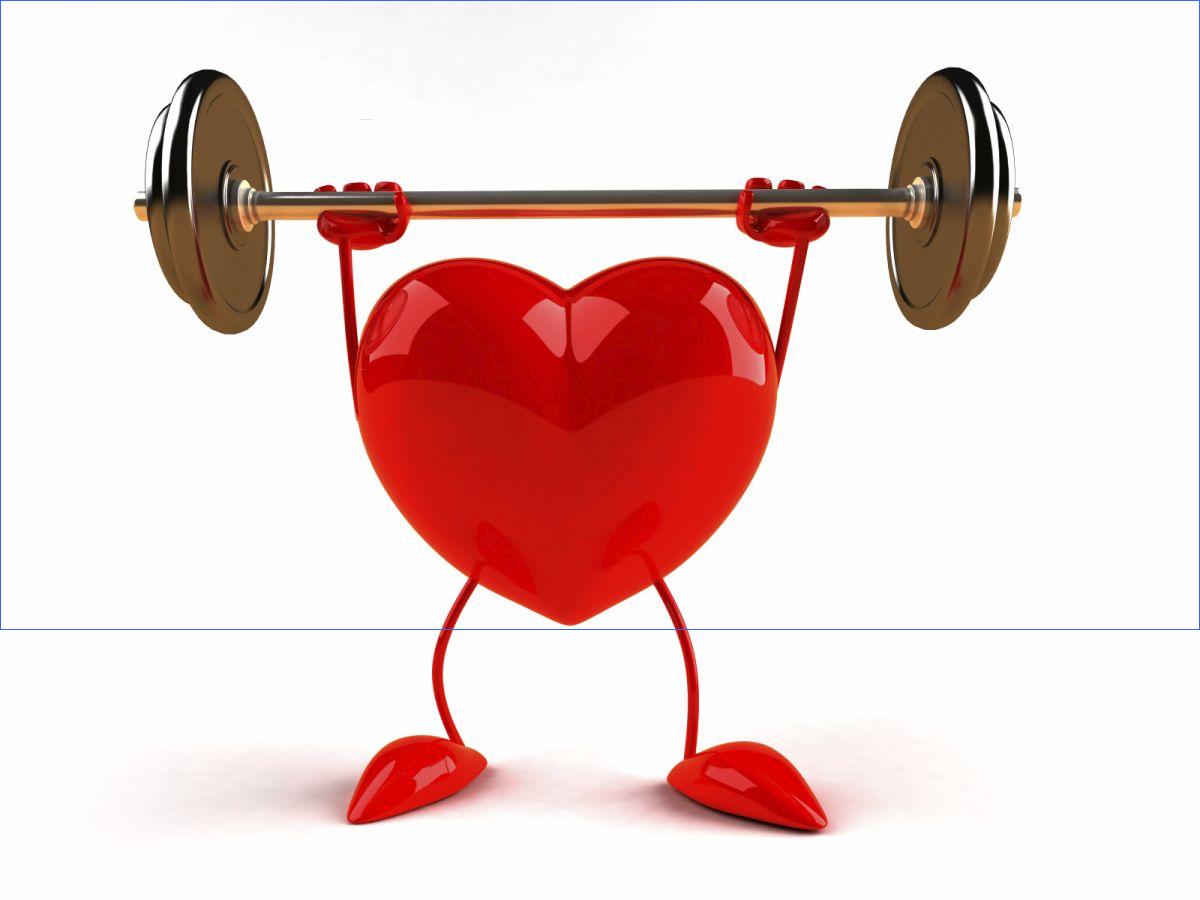In the realm of nutrition, few nutrients carry as much weight as Vitamin B12, Often heralded as the “energy vitamin,” Vitamin B12 plays a pivotal role in maintaining optimal health and vitality. From supporting neurological function to aiding in red blood cell formation, the benefits of Vitamin B12 are manifold. Let’s delve into the intricacies of this essential nutrient and uncover its profound impact on our well-being.
Understanding Vitamin B12: A Primer
Vitamin B12, also known as cobalamin, is a water-soluble vitamin that is crucial for various bodily functions. Unlike many other vitamins, Vitamin B12 is not produced by the body and must be obtained from external sources such as animal products, fortified foods, or supplements. It plays a vital role in DNA synthesis, red blood cell formation, neurological function, and the metabolism of fatty acids and amino acids.

The Importance of Vitamin B12
- Energy Production: One of the primary roles of Vitamin B12 is its involvement in energy metabolism. It aids in converting carbohydrates into glucose, which is then utilized by the body to produce energy. Adequate levels of Vitamin B12 are essential for combating fatigue and maintaining optimal energy levels.
- Neurological Health: Vitamin B12 plays a crucial role in maintaining the health of the nervous system. It is involved in the production of myelin, a protective sheath that surrounds nerve fibers and facilitates the transmission of nerve impulses. Deficiency in Vitamin B12 can lead to neurological symptoms such as numbness, tingling sensations, and cognitive impairment.
- Red Blood Cell Formation: Vitamin B12 is essential for the synthesis of red blood cells in the bone marrow. These red blood cells are responsible for carrying oxygen to various tissues and organs throughout the body. A deficiency in Vitamin B12 can result in megaloblastic anemia, characterized by the production of large, immature red blood cells that are unable to function properly.
- Heart Health: Adequate levels of Vitamin B12 are associated with a reduced risk of cardiovascular disease. Vitamin B12 helps in regulating homocysteine levels in the blood, an amino acid that, when elevated, is linked to an increased risk of heart disease. By keeping homocysteine levels in check, Vitamin B12 promotes cardiovascular health and reduces the risk of heart attacks and strokes.
FAQs About Vitamin B12
Q: What are the best food sources of Vitamin B12? A: Vitamin B12 is primarily found in animal-derived foods such as meat, fish, eggs, and dairy products. Some fortified foods, such as breakfast cereals and plant-based milk alternatives, also contain Vitamin B12.
Q: Who is at risk of Vitamin B12 deficiency? A: Individuals following a vegan or vegetarian diet, older adults, individuals with gastrointestinal disorders such as Crohn’s disease or celiac disease, and those who have undergone certain surgical procedures that affect nutrient absorption are at an increased risk of Vitamin B12 deficiency.
Q: How can Vitamin B12 deficiency be treated? A: Vitamin B12 deficiency is typically treated with Vitamin B12 supplements or injections. In cases where the deficiency is due to dietary factors, incorporating Vitamin B12-rich foods into the diet or taking oral supplements may suffice.
Q: Can Vitamin B12 supplements cause any side effects? A: Vitamin B12 supplements are generally considered safe when taken at recommended doses. However, high doses of Vitamin B12 supplements may cause side effects such as diarrhea, nausea, and allergic reactions in some individuals.
Q: Are there any interactions between Vitamin B12 and medications? A: Vitamin B12 supplements may interact with certain medications, including proton pump inhibitors, metformin, and certain antibiotics. It’s essential to consult with a healthcare professional before starting any new supplements, especially if you are taking medications.

Conclusion
Vitamin B12, the unsung hero of the vitamin world, plays a multifaceted role in maintaining overall health and well-being. From energy production to neurological function and beyond, its benefits are undeniable. By ensuring an adequate intake of Vitamin B12 through diet or supplementation, individuals can safeguard their health and unlock the vitality needed to thrive in today’s fast-paced world. So, make Vitamin B12 a cornerstone of your nutritional regimen and reap the countless rewards it has to offer.












